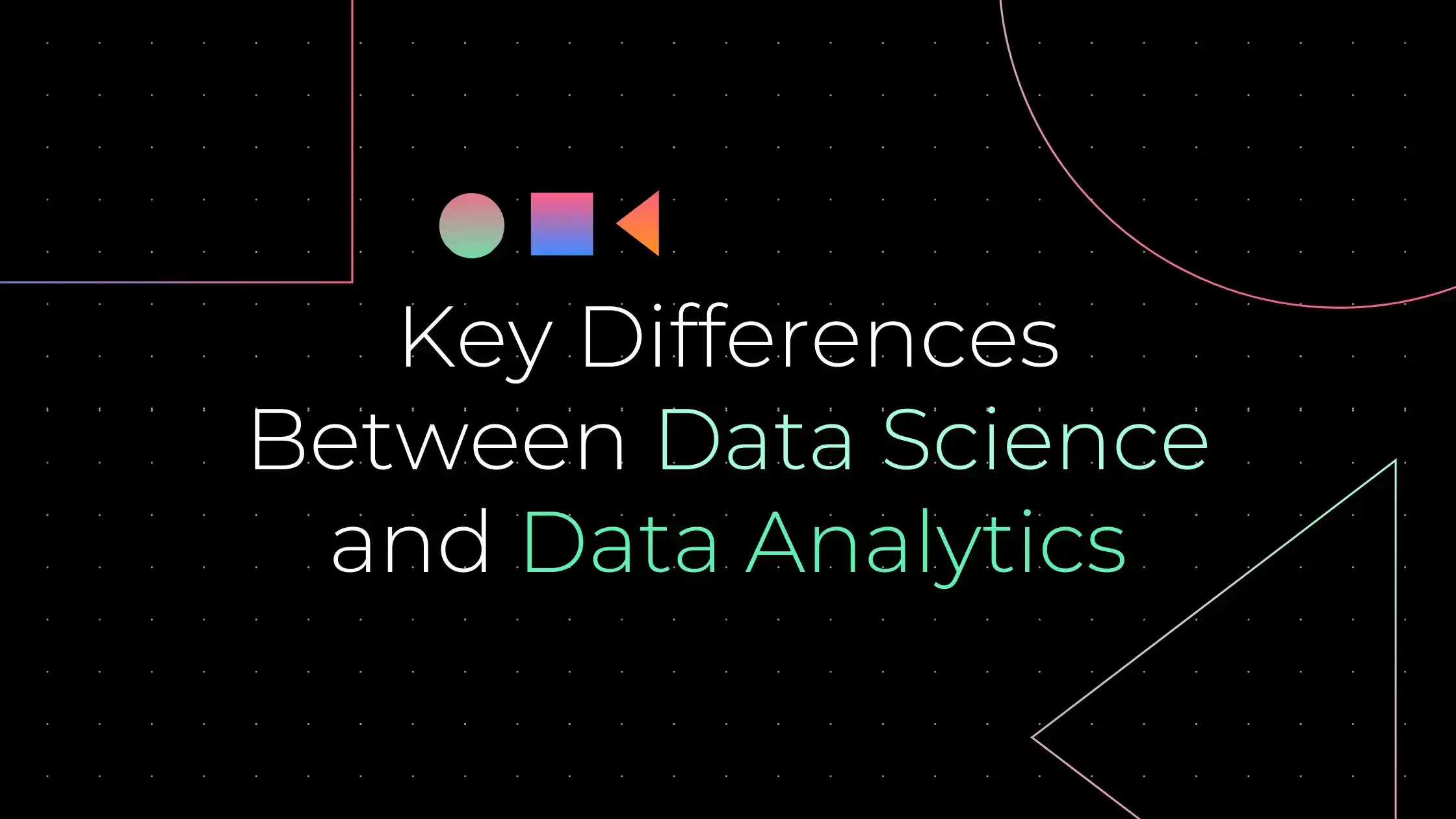Introduction of Business Intelligence
Business intelligence (BI) is a term that is used a lot in the business world, but what does it actually mean? BI is a process that helps businesses make better decisions by understanding and analyzing their data.
It can be used in a number of ways, such as improving customer service, increasing sales, and reducing costs. BI can also help businesses to understand their customers better, so that they can create products and services that appeal to them.
If you are thinking of implementing BI in your business, or you are just starting out and want to learn more, then this is the guide for you. We will explain what BI is, how it works, and the benefits that it can bring to your business.
Overview of Business Intelligence

Business intelligence (BI) is a process of gathering, analyzing, and reporting on data to help businesses make better decisions. It can be used to track performance, identify trends, and make predictions about the future.
BI tools can be used to track everything from customer behavior to financial data. They can also be used to create reports and dashboards that can be shared with employees across the organization.
BI is an important tool for businesses of all sizes and can help them make more informed decisions about their operations.
Components of Business Intelligence
Business Intelligence has three main components: data, analytics, and reporting.
Data is the raw material that is used in business intelligence. It can come from a variety of sources, including surveys, customer data, financial data, and social media.
Analytics is the process of transforming data into information. This can be done by using data mining techniques, text analytics, and predictive modeling.
Reporting is the process of visualizing information so that it can be easily understood. Reports can be in the form of graphs, charts, and tables.
Benefits of Business Intelligence
Business intelligence offers a range of benefits to businesses.
Some of the key benefits of business intelligence include:
- Improved decision-making: Business intelligence provides businesses with access to timely, accurate, and relevant data. This allows businesses to make better decisions based on solid evidence.
- Increased efficiency: Business intelligence enables businesses to track performance and identify areas where improvements can be made. This helps businesses to operate more efficiently and achieve better results.
- Maximized profits: Business intelligence allows businesses to analyze data to identify opportunities and trends. This helps businesses to make more informed decisions about pricing, products, and marketing strategies, which leads to increased profits.
Challenges Faced in Business Intelligence
When utilizing business intelligence, you may experience some challenges. It is time-consuming to collect and organize data, especially when it comes from multiple sources. Plus, you must ensure that the data is accurate and valid, which can be a difficult task.
Additionally, making sense of the data can be challenging since it involves complex analysis and visualization processes. Lastly, updating the system regularly to reflect changing trends is important but requires added resources.
Strategies for Implementing Business Intelligence
As a business intelligence (BI) user, you have many strategies to consider when it comes time to implement BI. It is important to decide what systems and applications will work best for you and your organization.
You must also be sure to invest the right amount of time and resources into designing and customizing a solution. When done successfully, the outcomes of investing in an effective BI system can be substantial.
Getting started requires that you identify the goals of your project, understand the data that needs to be collected and analyzed, and then evaluate available software options to find the one that best fits your needs.
Once this has been established, you should create a comprehensive plan for implementation and address issues such as security concerns, cost considerations, and training requirements. Finally, it is important to track results in order to determine how successful your BI strategy was at achieving its goals.
Common Metrics Used by Business Intelligence
There are several common metrics that Business Intelligence frequently uses. These include metrics such as customer satisfaction and loyalty, sales and revenue, market share and penetration, customer acquisition costs, customer lifetime value, operating expenses to revenue ratios, inventory levels, production rates and turnaround times.
You can also measure employee performance, staff efficiency, quality control processes and compliance with industry regulations. All of these metrics help to give an accurate picture of your business’s performance and can be used to inform decisions on how to improve operations.
Conclusion
All in all, business intelligence is a process that helps businesses make better decisions by collecting and analyzing data.
By using business intelligence, businesses can save time and money, and make more informed decisions about their products, services, and customers. Business intelligence is not a one-time event, but a continuous process that should be revisited on a regular basis.







